South Africa has one of the highest violent crime rates in the world. Our police service is not doing a great job of dealing with the problem. This necessitates coming to grips with the idea that it is quite natural, but can be forgotten, that your defense from threats is first and foremost your responsibility as an individual.
In South Africa, you can protect yourself from threats, even leading to the deaths of those threats, legally. In our law, there is lawful killing of an individual, either in defense of your person, which is known as self-defense, or in the defense of your property, known as private defense.
The violent crime problem in South Africa means that you are most likely to be attacked by either a gun, or a weapon of some sort. Since protecting yourself is a natural right, our state rightfully has legislation that allows for the ownership of guns after showing competency and applying for a license. The legislation in question is the Firearms Control Act of 2000.
There is ample research that suggests that violent crime is linked to gun ownership. I say suggest because the causal link between an increase in gun ownership and an increase in crime is not clear-cut. It could be the case that as guns proliferate in society, violent crimes using guns will also increase. Or it could be that the increase in gun ownership is caused by an increase in crime. Which is which?
In South Africa, the context is much clearer than in countries that have express rights to arm themselves and thus have gun ownership or arms ownership in general as part of their national culture, like the United States of America or Switzerland. In South Africa, according to a report, gun ownership is increasing because crime is increasing.
The statistical indicators of crime have consistently risen for well over 10 years, and so has the rate of gun ownership as calculated using the data of the South African Police Services, who process the competency and licensing applications for gun ownership. Unfortunately, we cannot ascertain whether these applications were for self-defense or hunting, depending on the section they were applied for under in the Firearms Control Act. Something we hope will change in the future regarding the statistics collection of the South African Police Service.
The responsibility for protecting society lies with the security services if there is a state that is taxing you at the threat of jail. The responsibility for protecting oneself first starts with the individual, of course, but taxes create a further responsibility for those collecting them to do with the property what the person whom it was taken from would have done; things like security and the administration of justice.
It is safe to say that the South African state is failing at fulfilling their end of the responsibility. The crime rate and the conviction rate are a testament to this. With 86 murders every day and a measly 8% conviction rate, the state security and justice apparatus are failing.
South Africans, on the other hand, are taking seriously their own end of the responsibility deal for their security. The number of issued gun licenses has increased, while also the private security services industry has more personnel than the South African Police Services. Some among us are not waiting for the state to save them, and it is good to see.
Part of the solution to dealing with violent crime, as proposed by the Free Market Foundation’s Section 12 initiative, is the decentralisation of the power of the security services. This principle does not only extend to decentralisation up until municipalities or provinces, but rather all the way to the family unit and the individual, who should also have a say and take action to protect themselves.
Gun legislation in South Africa could be made much more flexible and less strenuous. Not necessarily by removing the requirement for competency certification or licensing in order to make it ‘easier’ to own a gun that way, but by the police actively working with gun owners in their communities to rid those communities of violent crime, instead of the villainization of gun owners by police leadership coupled with the long-winded administrative process involved in acquiring and keeping a gun license.
Until the government realizes that nothing else matters more to most South Africans than keeping themselves and their families safe, the sooner our taxes will start being used for what we actually need instead of the various politician pet projects.

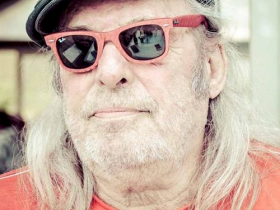
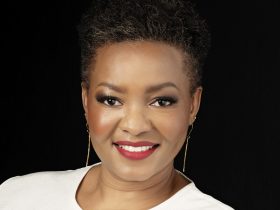
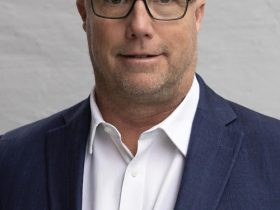
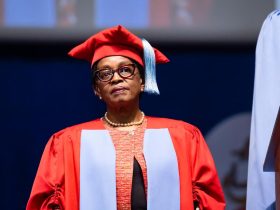


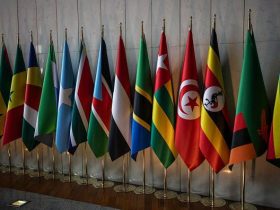

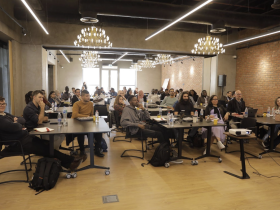








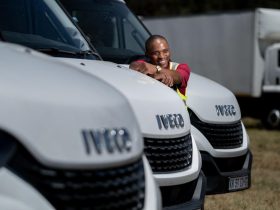
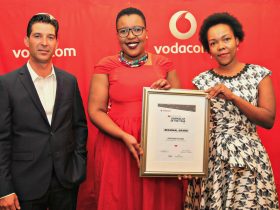

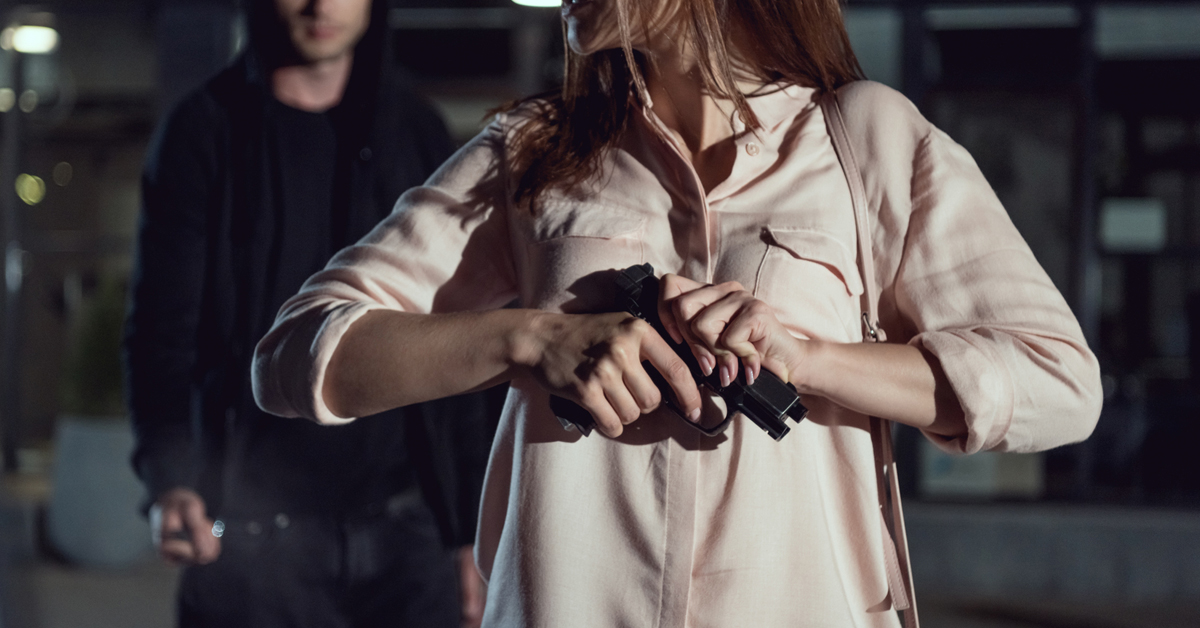

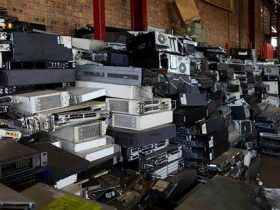
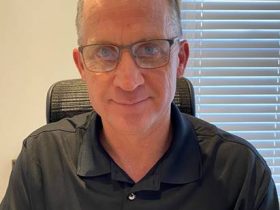
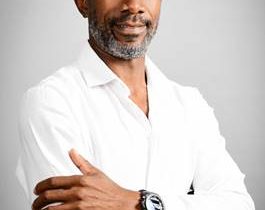
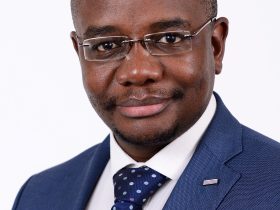

Leave a Reply